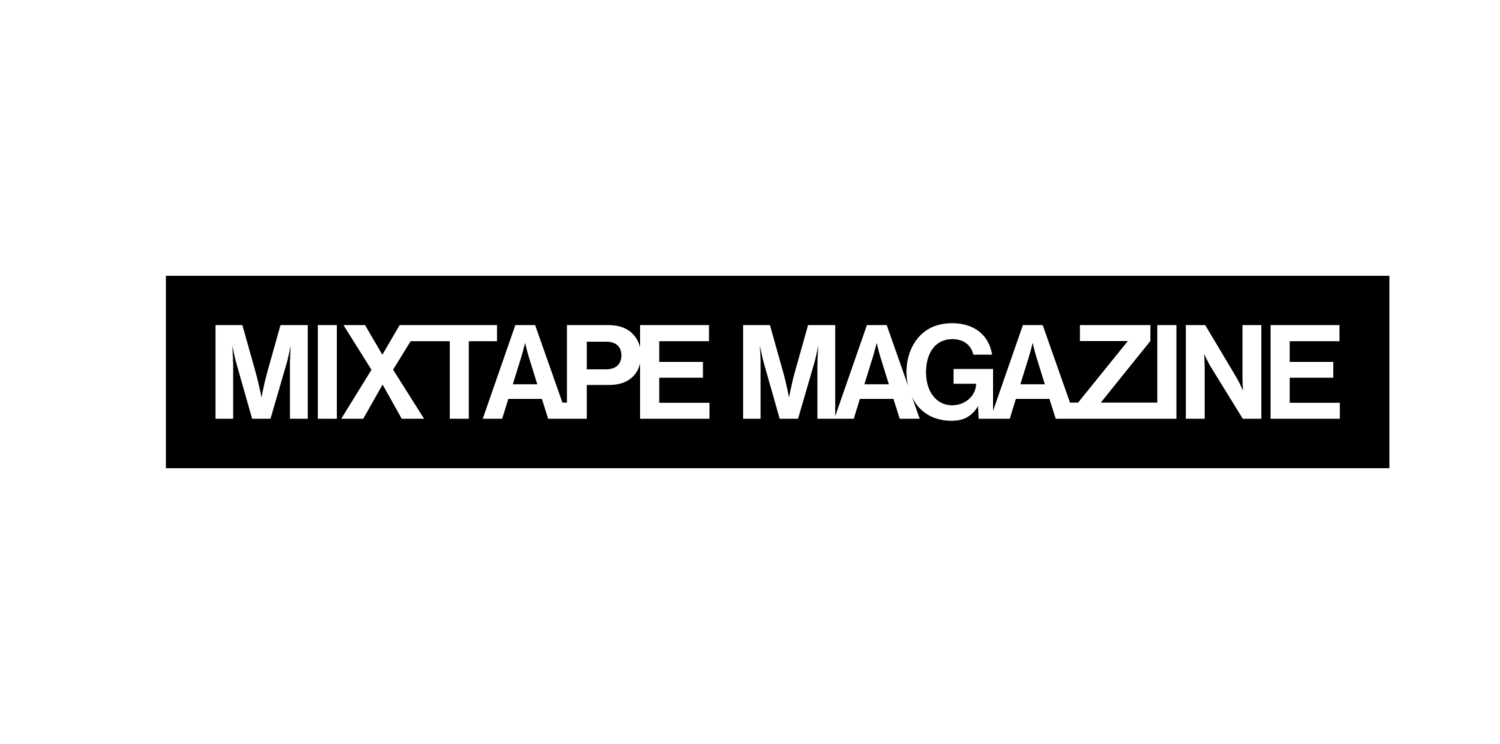Album Review: Utopia
By: Mateo Lopez-Castro
Utopia was meant to be a classic. After all, it was Travis’ redemption project: a chance to wipe the slate clean from the Astroworld tragedy and move forward. This was an opportunity for him to continue to cement his legacy as one of the best hip-hop artists of the new generation. Yet somehow, in the process of his rebirth, Travis Scott delivered a shell of an album.
This isn’t to say that the entire project was disappointing. It shined at times, living up to the praise it’s been getting. Sza’s radiant performance on “TELEKINESIS” intertwines perfectly with the army of synths. One does not overpower the other, resulting in a harmonious wave that should’ve ended the album. Future’s flow on the same track felt wonderfully organic, similar to 21 Savage on “TIL FURTHER NOTICE”. They both display a level of intuitiveness that only comes with years of experience. Drake on “MELTDOWN” was nothing short of perfect. His verse lacked the usual sluggishness that has tainted his recent music. Teezo Touchdown took the spotlight on “MODERN JAM”. His vocals, ranging from synthetic yawns to more controlled runs merge with the beat, essentially becoming a part of the production.
It’s not just Teezo either. We get similar renditions from Travis on “THANK GOD”, Justin Vernon on “DELRESTO (ECHOES)”, Yung Lean on “PARASAIL”, and James Blake on “TIL FURTHER NOTICE”. Their vocals mimic the production, sinking into the curated sounds to deliver moments of pure, uninterrupted harmony. Moments that, in hand with others, showcase the diversity and intensity of the production. The deep, guttural drums on songs like “HYAENA,” “MODERN JAM,” “SIRENS,” and “CIRCUS MAXIMUS” feel straight out of Yeezus. Kanye’s influence is overtly present and fits perfectly with the furious vocals that are layered over top of it. Songs like “MY EYES,” “K-POP,” and “PARASAIL” feed into a more RnB & reggaeton rhythm. They act as their own little island utopias, giving us a break from the dark nature of this album. The wavering synths on “TELEKINESIS” and “TIL FURTHER NOTICE” are overwhelming and flood the audial space of each track, enhancing their respective vocals.
Utopia, without a doubt, has its shining moments, but those moments are too few. They’re heavily overshadowed by Travis’ lack of care when dealing with his album’s core concept. In Pin-Up magazine’s “The Travis Scott Alphabet Design”, he explains his conceptualization of this project:
“Utopia is something that people feel is so far-fetched and out of reach, some perfect state of mind. But you create it yourself. There are people who achieve Utopia every day. They may not be the richest people with the dopest cribs, but it’s a utopia wherever they are, and that’s the most you can have…I’m trying to show people experiences where utopian things can exist, and you can enjoy yourself and have a good time. They can create energy that spews out magical things — new cures, new buildings, new avenues for people to move forward. People need to see that Utopia is real.”
He turns his back on this concept with tracks like “TOPIA TWINS” and “I KNOW?,” where he fully reverts to his old trap self, pushing the concept of Utopia out of his mind completely. The lyricism on tracks like “LOOOVE,” “GOD’S COUNTRY,” and “FE!N'' all go to show how chaotically unoriginal this album is. We hear lyrics like,
“I just been icin' my hoes, I just been drippin' my hoes (Drippin' my hoes)” (“FE!N”) and “It's demon time, I got it on me (On me) / Might earn a teardrop overnight / Wear Louis shades to block my psyche (Psyche),” (“GOD’S COUNTRY”).
We’ve seen this type of trap persona from Travis a million times, and entertaining as it may be, it’s lazy and repetitive. Features like Playboi Carti, enable this. “FE!N” is abysmal. The track struggles to stay afloat with Carti’s vocals constantly beating into it. Bringing Westside Gunn onto “LOST FOREVER,” felt out of place and surprisingly, so did Thugger on “SKITZO.” Both verses crack into the fluidity of their respective tracks. It feels like a jarring game of tag. The production runs away with our attention, while the vocals struggle to keep up with it.
Ultimately, this project feels like Travis trying to be something he’s not: an artist of substance. I don't want to go as far as to call him a fraud. He has the vision to pull pieces together and the talent to make them mesh. But Travis can't have it both ways: if he wanted a commercial trap album, we would have loved another Astroworld. The fact that he tried to make a more meaningful project that is so clearly diluted by hollow songs makes the sentiment behind Utopia seem insincere.
To create authentic art you must be prepared to take the necessary risks. As an artist, your responsibility is to your ability to be honest, not only with your audience, but with yourself. This project was a hesitant attempt at authenticity. Utopia had the potential to be great, but Travis suppressed himself. He shied away from vulnerability, and stuck with what was comfortable. It became more about coddling his own status than it was about staying true to the message of the album. Utopia is an advertisement of Travis Scott’s success. It is nothing more than a glorified Astroworld, and far from the classic that it has been idolized to be.

